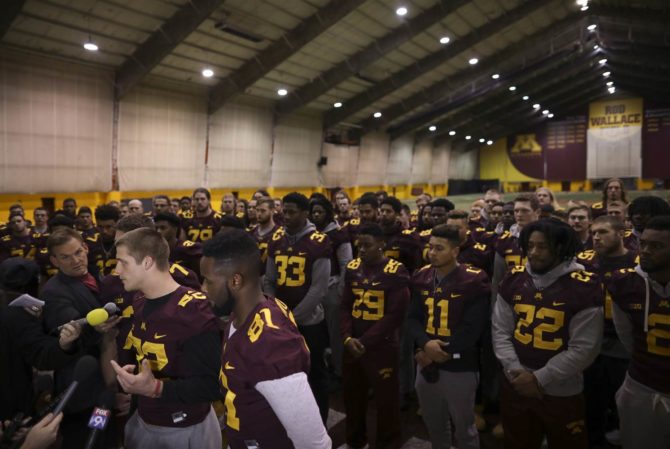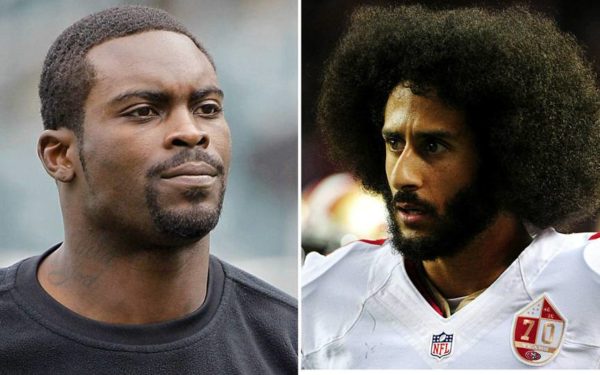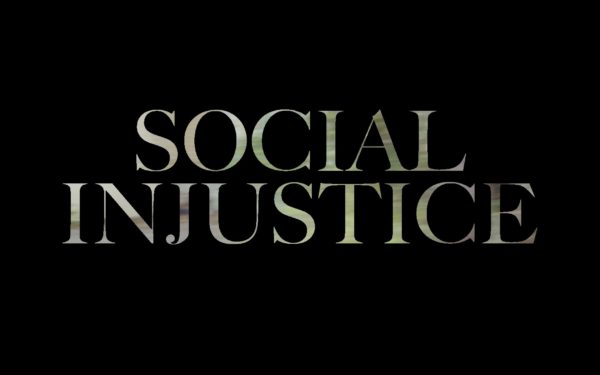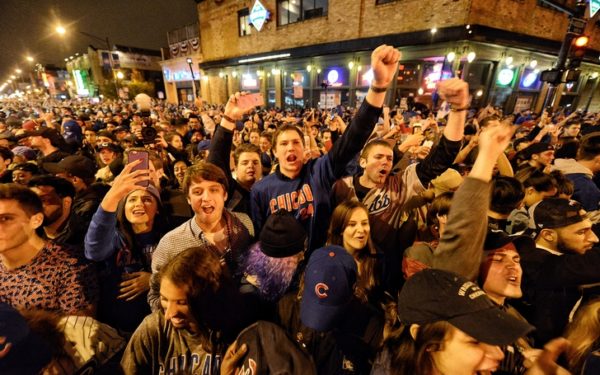The United States is a country in political turmoil divided by race and ideology. While the recent presidential elections illuminated the divisiveness on a national level, the reality is that much of the turmoil is perpetuated within laws and legislation spearheaded on the local and state levels.
Indiana and North Carolina have enacted conservative laws, that many consider discriminatory toward the LGBTQ communities. Several southern states still fly the Confederate Flag alongside the American Flag at their respective capitals. The flag has different meaning to some, but there is no denying that it is representative of a group of government that fought for slavery and the continued oppression of a race of people.
People protest many of their respective state’s actions and legislation, but the various protests are usually after the fact and no matter how vociferous the objections, the status quo generally remains intact. You want real social change particularly when it comes to racial issues and southern states, enlist college athletes as activists.
Muhammad Ali was not the first athlete (though surely the most famous) who served as an activist in the United States. Jim Brown, Kareem Abdul Jabber, Tommie Smith and John Carlos are just a few of the names during the turbulent 1960’s that used their platform of fame and the international stage to bring attention to social injustice.
Colin Kaepernick’s, decision to kneel at the playing of the national anthem, spurred a new era of the modern day athlete’s use of their platform to bring attention to social issues. His (excuse the pun) stand drew significant attention as well as backlash, leading many others to speak out and follow suit. He was not the first modern athlete to serve as an activist, but the international attention he garnered resulted in many discussions related to the issues he was attempting to highlight, if not actually resulting in effectuating change.
Sports in America, both professional and college, are multi-billion dollar businesses. College football and basketball in some of the larger conferences, particularly in the South, Midwest, and other regions that do not have professional franchises, are often the biggest focus for their respective fans. Whether they are alumnus or just hometown supporters, major college sports invoke passion that defies common belief.
The University of Kentucky and North Carolina have basketball arenas with larger capacities than any professional teams, and have been religiously sold out for decades. The University of Michigan, Ohio State, Clemson, Alabama, LSU are just a few of the college programs with stadiums far greater than any NFL team. The expression “diehard” for fans may be used by professional teams, but its genesis came from the fervent support for years by collegiate benefactors.
You want to change conservative state policy and legislation that appears incentive to the needs of POC (People Of Color) and other oppressed groups, promote activism to high school and college athletes. Protests by regular citizens generally have nominal effect on real change, however, let the basketball team at the University of Kentucky, or any of the football teams in the SEC (Southeastern Conference) boycott participating in the NCAA tournament or bowl games, and change would take place faster than you can imagine.
There would be upheaval, and widespread condemnation of the acts, but it would force change. For those that would argue that athletes should not be political and just play the game… I argue why? The platform exists and they are human beings that do not live outside of the bubble of society, even if they may be extended greater privileges and adulation.
If the younger generation in general, lead by the athletes and entertainers that they admire, took a more conscious choice to where they attended school and the activities of both the school and the states where they played, their activism would undeniably lead to greater and faster change in policies.
How hard could the states of Mississippi and South Carolina hold onto their reverence for the confederate flag, if athletes of color refused to attend colleges and universities in the states that supported discriminatory behavior. You want to capture the attention of the White and privileged in those jurisdictions, take away all the athletes of color from their respective schools. School pride would be the least of their issues, topped off by the bad press and lost revenue in not having as competitive and entertaining products on their fields.
These kids are already used as pawns by the respective universities and the NCAA which make millions and billions of dollars from their efforts. A college education is one of the greatest resources a kid can have, but in these sports factories that double down as colleges, kids work the equivalent of full time hours for their sports, with scholarships always conditioned upon performance.
These kids not only have the right, they should be taught to take a stand in understanding the platform they have and the ability to actually effectuate real change. College students have always been activists. From the Vietnam War to calls for companies and colleges to divest in South Africa during Apartheid.
These protests by students bring attention, but the average student doesn’t come equipped with a platform that has million of followers and the worldwide press as does the interest that major college athletes have. 12 guys on a basketball team, or 50 guys on a football, united in a stand against a university or a state’s practices WILL bring change. The universities and states themselves are too vested in the success of the athletic programs and the universities to risk losing all POC due to policies.
Schools and of course the states as well as media outlets, will try and threaten the players into submission, but the reality is the players have the leverage. If the universities and/or states do not change, they are always able to take their talents to colleges and states that show more empathy and awareness for the social issues.
I am not from a college town, but I do get the passion that fans and prospective players may have for their home state schools. However, the student athletes must come to realize they may be pawns, but they still retain significant powers, if united. These schools and legislators are not going to risk the backlash that would come from boycotts or an exodus of players of color. An inferior product on the field would have resounding, including economic, effects and change would be forced on entities that have otherwise been slow to act if not outright insensitive to minorities and oppressed groups.
#Athletesasactivists, #athletes, #activism, #activists, #boycotts, #Kaepernick, #MuhammadAli, #Ali, #Kareem, #Colleges, #universities, #universityof Kentucky #NorthCarolina, #UNCbasketball, #universityof Alabama, #SouthCarolina, #SEC, #NCAA, #POC, Peopleofcolor, #minorities, #LGBTQ, #UinversityofMinnesota



